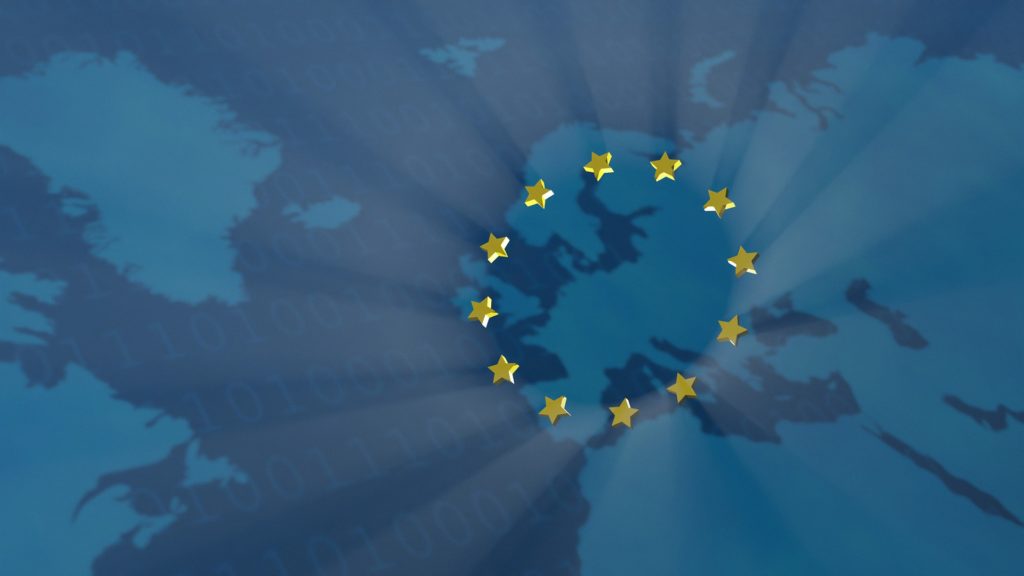Europe has not been quite as open to cryptocurrency adoption as many other parts of the world. The Home Affairs Commissioner spoke candidly on the matter during the crypto conference arranged in Munich this month. He claimed that provided that there is an implementation of strict anti-fraud policies, the region would be open to the idea of cryptocurrency trading.
The other participants who took part in the conference are figures like the co-founder of Crypto Asset Group, Christian Angermayer, and FTX founder and CEO Sam Bankman-Fried.
Among the main agenda of discussion of the conference were important matters like Russian troops gathering in Ukraine. Furthermore, cryptocurrencies were also added to the discussion.
The EU Home Affairs Commissioner emphasized the need for tight regulations and monitoring for the digital assets industry that without these monitoring policies in place, it would be impossible for EU regulators to allow the free flow of digital currency trading in the region. She claimed that the cryptocurrency networks have become a major financial facilitator for terrorists and criminal syndicates.
On the other hand, Angermayer came forward to defend the nascent industry by declaring that traditional banking organizations have left billions of people deprived and destitute financially. He further added that cryptocurrencies networks are providing financial accessibility to the left behind unbanked billions of the world.
The FBI recently announced that it has set up a crypto monitoring cell called the Ransomeware and Digital Extortion Task Force. The task force is under the command and supervision of Deputy Attorney General Lisa O. Monaco. Speaking at the conference, she claimed that the FBI is providing its resources to power the task force.
With the task force, the FBI was able to repossess the $2.3 million ransom paid to the Colonial Pipeline attackers. The task force is set is collaborate with entities like National Cryptocurrency Enforcement Team and Virtual Asset Exploitation Unit, among others. However, the cryptocurrency proponents have reservations about the centralized monitoring of the cryptocurrency ecosystems by government agencies.







More Stories
Koinal Review – Is Koinal Scam or a Trusted Broker? (Koinal.ai)
Fxp360 Review – Is Fxp 360 Scam or a Trusted Broker? (Fxp360.com)
Coinbase Files A Petition To The SEC, Argues That Staking Should Not Be Classified As Securities